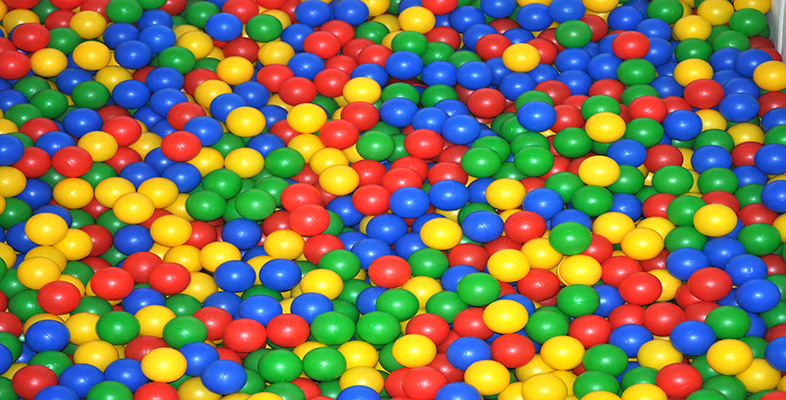3.2 Petrochemical processing
Following distillation of petroleum into the major fractions (gasoline C5 up to 95 °C, naphtha 75–175 °C, kerosine 175–225 °C), the naphtha cut is subjected to cracking to yield smaller, double bonded molecules. The reaction is conducted at high temperatures (400–800 °C), but under low pressure using steam for cracking. This process can yield monomers directly, such as ethylene (C2), propylene (C3) and butadiene (C4), but often further reactions are required to add other elements such as oxygen and chlorine. Since cracked naphthas are complex mixtures, expensive separation procedures are needed for the co-products.
